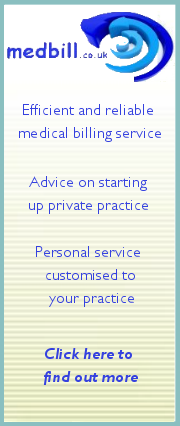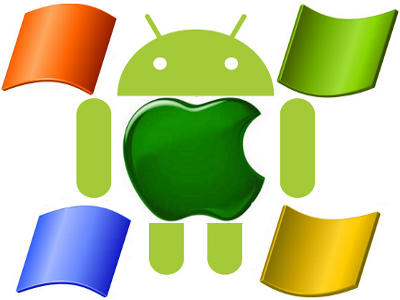|
Tablet Platform Comparison
In the beginning there was Windows, and Bill looked out and saw that it was good... Well, it was. Five years ago, there wasn't so much of a debate on Operating Oh, for the certainties of the antique world? Well, not really. With a virtual monopoly, Microsoft could charge plenty for Windows and make all sorts of decisions where the users - especially the more technical ones - might have preferred to make their own choices. Some disaffected techies started writing viruses and the rest of us ended up paying, not just for Windows itself, but for the antivirus package to protect it and the power to run the antivirus as well as the basic operating system (OS). Apple, with their own OS and a tiny market share were not so hated as Microsoft and Apple's OS for their Mac Computers (MacOS) did not attract so many virus writers. However, despite pretty graphics, the close and exclusive bond between the "special" MacOS and the "special" Mac processor meant a lot of work for Apple and rather limited choices for their clients. * * *Change has come to the OS landscape since Apple decided to rewrite their OS from scratch and to create a separate OS for their new iPod and iPhone. For one thing, the OS is now often known as the "platform", and for another, Apple initiated the idea of letting us buy “Apps” from an App Store. These Apps (applications) can be installed to run on the iPhones more or less effortlessly. It felt like a big change. Quick and painless installation was a big step for casual users. We learnt how handy it felt to have Facebook on your phone's screen - or the current temperature in Weymouth. While Apple supply their OS on their own hardware only, Google responded with a mobile phone platform (Android) which is open source and can be installed by any manufacturer. This new platform comes with its own App Store called the Android Market initially, and more recently, Google Play. In April 2010, to follow up on the huge success of the iPhone, Apple launched the iPad. It effectively runs the same Platform as the iPhone and users have access to the App Store. The iPad too has been a runaway success and, after a pause for thought, other tablets followed which ran Android. A year after the introduction of the iPad, Google responded with a version of Android designed specifically for tablets - touchscreen computers, not fixed to a keyboard and bigger than a mobile phone. Now, after several more iterations, the newest two variants (called Jelly Bean) are beginning to show signs of smoothness and maturity. Having waited in the wings for far too long, Microsoft have finally responded with Windows 8 RT running on their Surface slate PC. It looks very like the competitors from the likes of Samsung and Apple, but the Surface, and the extent to which it succeeds will be pivotal to the future evolution of the mobile platform market. The modern style of the new surface has found some favour and if it performs well in the market, this Christmas and in the years to come, it will present a huge threat to the Apple and Google platforms. Plaudits for the Surface have not been unqualified though, with all the old Windows issues lurking in the background, and a disconcerting tendency to lurch back to presenting dialogue boxes from the old Windows, but without the reassuring Start button. If the Surface fails to ignite enthusiasm, the implications for Microsoft could present them with a huge problem as the market for traditional PCs has shown real signs that it is falling into decline. Where are we now? So now we have a question, where previously there was none: which operating system should we choose?
There are a number of options and below we present the pros and cons of each.
|
| Related pages |
|
Have Microsoft broken the Windows (again)? A review of our recommended tablets |


 Intro and Background|
Intro and Background|  Systems: if you bought a PC, it would run Windows XP, because they all did; and if you bought a mobile phone, you wouldn’t really care what it ran because you didn’t ask it to do many complicated things.
Systems: if you bought a PC, it would run Windows XP, because they all did; and if you bought a mobile phone, you wouldn’t really care what it ran because you didn’t ask it to do many complicated things.